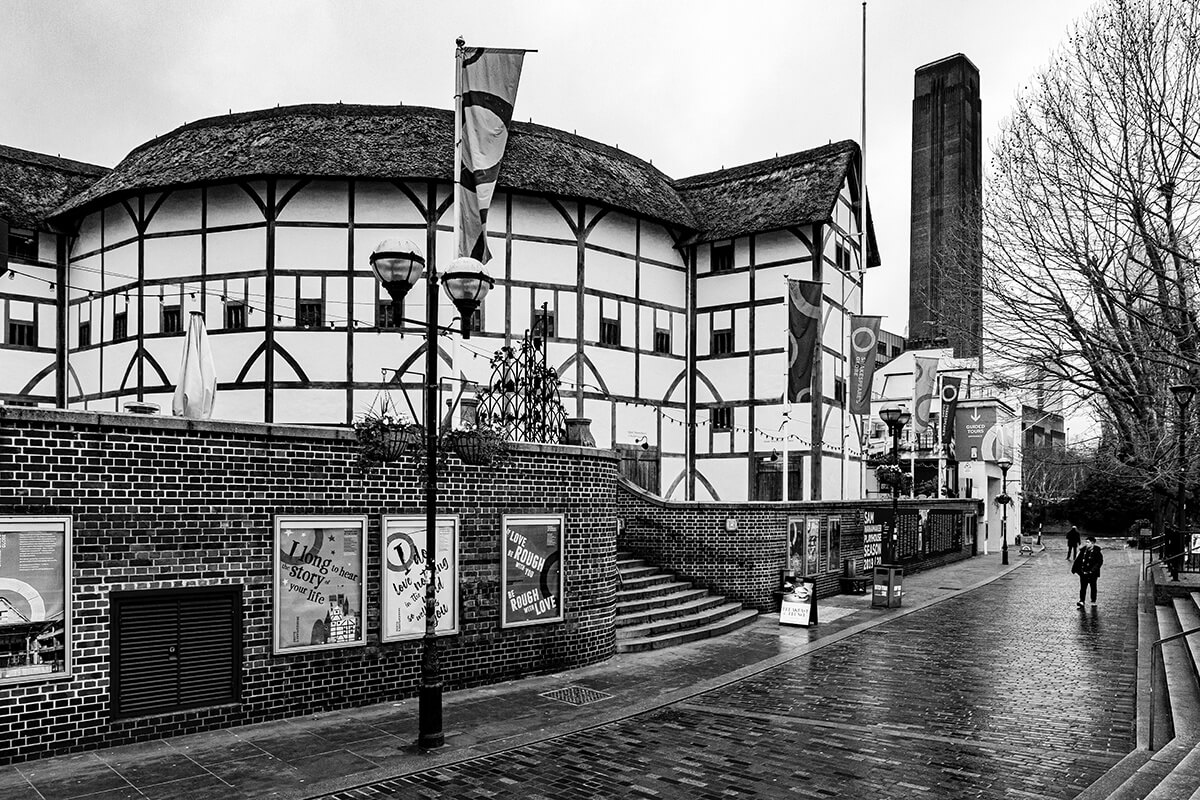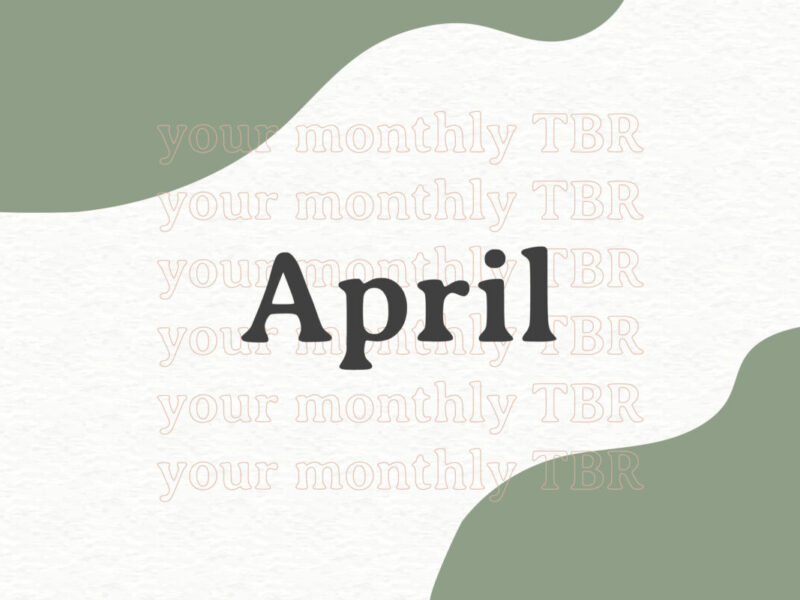5 Poetic Plays for Poetry and Theatre Lovers
Poetry and theater have a longstanding love affair, from Shakespeare’s historic work in iambic pentameter to contemporary expressions of verse drama. Making the most of rhythmic speech and playful techniques like rhyme and repetition, poetry is a popular tool among playwrights. It can be used to add drama to certain scenes or infused throughout an entire play. To explore the connection between poetry and theater further, we’ve picked out 5 plays that make the most of poetic forms.
1. A Midsummer Night’s Dream by William Shakespeare
Did you think Shakespeare wouldn’t be first on this list? Layered with multiple subplots and extended passages of rhyme, A Midsummer Night’s Dream is exemplary of Shakespeare’s poetic skill. Using iambic pentameter to create rhythmic and natural speech, readers and viewers hang on the end of each iambic foot. “By the simplicity of Venus’ doves, / By that which knitteth souls and prospers loves, / And by that fire which burned the Carthage queen / When the false Trojan under sail was seen; / By all the vows that ever men have broke- / In number more than ever women spoke- / In that same place thou hast appointed me / Tomorrow truly will I meet with thee,” says Hermia in the first rhyming couplets of the play.
2. The Cocktail Party by T.S. Eliot
This 1950s play tells the story of a married couple facing their problems through an absurdist and philosophical point of view. Written in blank verse, The Cocktail Party’s poetic tendencies are not as obvious as those in A Midsummer Night’s Dream. However, Eliot’s use of rhythm and repetition shine through. “Everyone’s alone—or so it seems to me. / They make noises, and think they are talking to each other; / They make faces, and think they understand each other, / And I’m sure they don’t. Is that delusion? / Can we only love / Something created in our own imaginations?,” says the character Miss Celia.
3. J.B. by Archibald MacLeish
Drawing on the biblical story of Job, J.B. was edgy in its time for opening with the “play within a play” technique. In 1959, the play was awarded the Pulitzer Prize for Drama for its free-verse eloquence and universal themes. “Blow on the coal of the heart. / The candles in churches are out. / The lights have gone out in the sky. / Blow on the coal of the heart / And we’ll see by and by…” reads the final curtain speech.
4. All for Love by John Dryden
Another blank verse gem, All for Love is a heroic drama written in 1677. The play is an adaptation of Shakespeare’s Antony and Cleopatra, and it focuses on the last few hours of Antony and Cleopatra’s lives and relationship. “I can forgive / A foe; but not a mistress and a friend. / Treason is there in its most horrid shape, / Where trust is greatest; and the soul resigned, / Is stabbed by its own guards: I’ll hear no more; / Hence from my sight forever!” says Antony in act four of the play.
5. The Lady’s Not for Burning by Christopher Fry
English poet and playwright Christopher Fry made his name writing verse dramas. The Lady’s Not for Burning, written in 1948, is arguably his best work. This three-act romantic comedy is set in the middle ages. Complete with a war-weary soldier and an accused witch, the play artfully captures the exhaustion felt in the post-war era. “Your life, sir, is propelled / By a dream of the fear of having nightmares; your love / Is the fear of being alone; your world’s history / The fear of a possible leap by a possible antagonist / Out of a possible shadow, or a not-improbable / Skeleton out of your dead-certain cupboard,” writes Fry.




